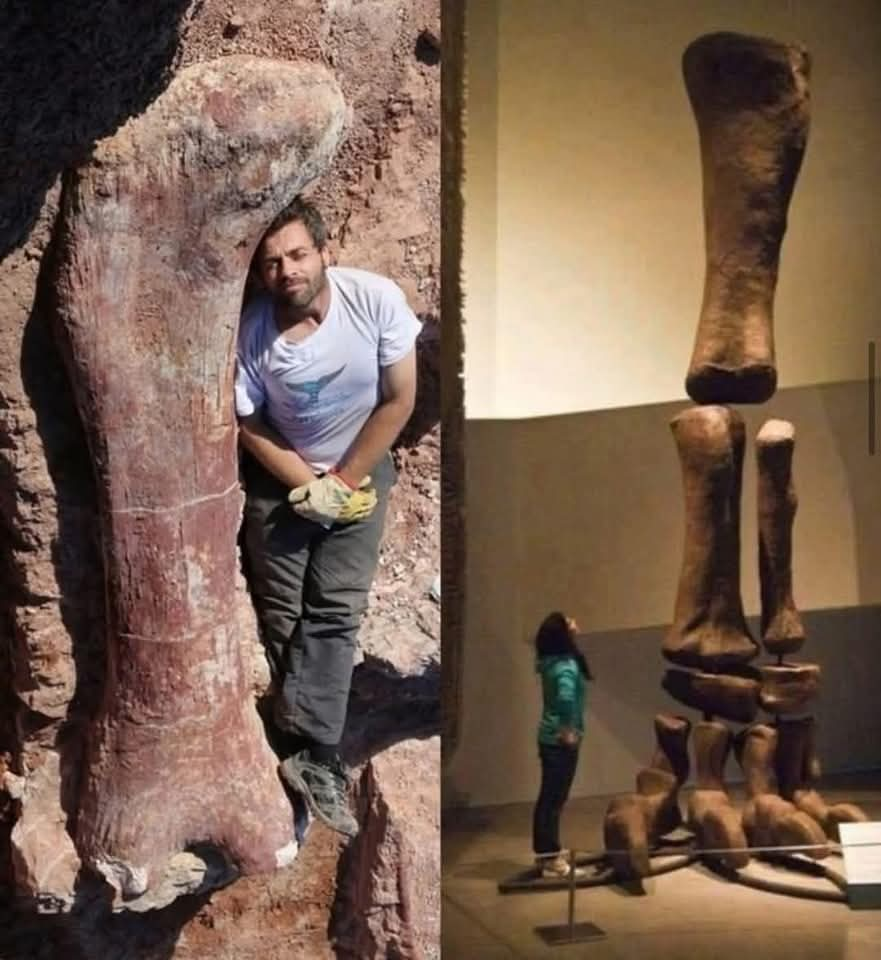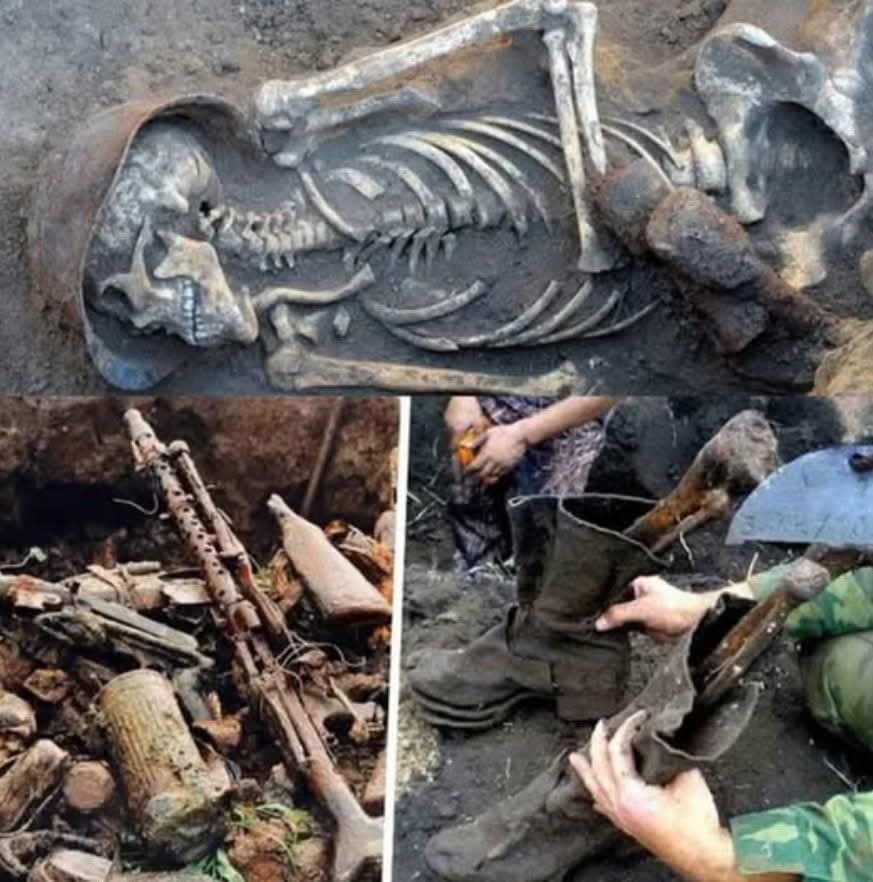
Alexander I of Greece only ruled for three years, but between 1917 and 1920, he was generally considered to be an inexperienced puppet. His father, Constantine I, had been removed from the throne by Allied powers who sought to control Greece during WWI.
With Alexander as king, Eleftherios Venizelos essentially ran the country. By 1918, Greece had expanded its borders and, when the Allies met at the Paris Peace Conference, Venizelos was there. He negotiated the treaties of Neuilly and Sèvres with Bulgaria and the Ottoman Empire, respectively, securing new lands in Thrace and Smyrna as well as islands in the Aegean.
Venizelos wanted to keep chipping away at the Ottoman Empire as it was being partitioned after WWI and, as a result, Greece and the new Turkish state went to war. By mid-1920, Greek forces were moving deep into Anatolia.
In October 1920, Alexander was bitten by a groundskeeper’s pet Barbary macaque while in his garden in Athens. The king intervened when the monkey attacked his dog; while his wounds initially seemed non-life-threatening, infection set in, followed by sepsis. Alexander passed October 25, changing the dynamic in the region entirely.
He had no heirs, and national elections removed Venizelos from office that November. When the new Greek government brought back Constantine I as king, the Allies pulled support for Greek efforts in Turkey because he had favored the Central Powers during WWI.
In 1921, war with Turkey escalated and a coup removed Constantine I; the following year, the destruction of Smyrna by Turkish forces resulted in the deaths of thousands of Greeks. The resulting border changes of Greece’s defeat displaced millions of ethnic Turks and Greeks alike.
Regarding Alexander’s demise, Winston Churchill later said “it is perhaps no exaggeration to remark that a quarter of million persons died of this monkey bite” – a remark indicating the bloodshed of 1921 and 1922 could have been avoided had Alexander lived and Venizelos kept his office.










Leave a Reply